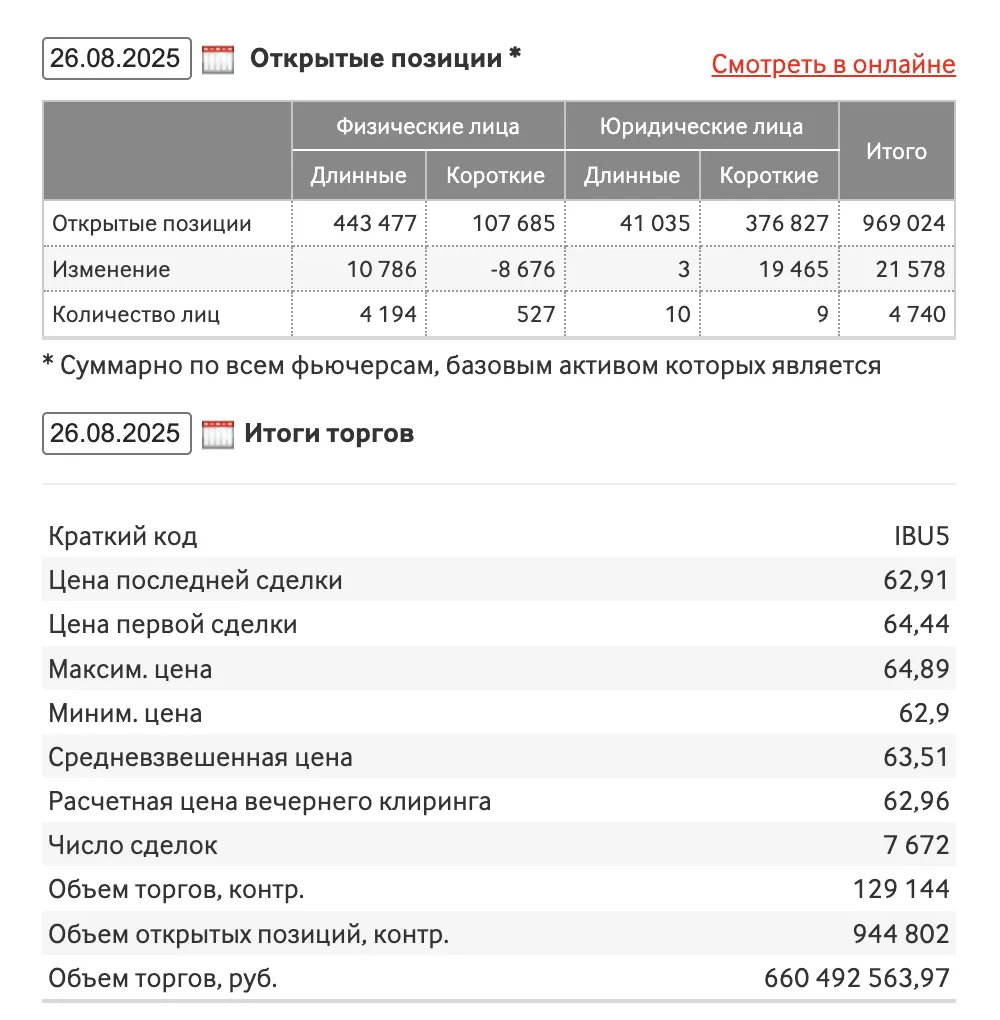
The Bank of Russia will impose stricter regulations on credit institutions’ dealings with crypto assets. The regulator will introduce requirements for accounting digital assets when calculating capital and mandatory standards, according to Izvestia.
The rules will affect direct investments in cryptocurrencies as well as transactions with derivative financial instruments based on digital assets.
Experts suggest that paradoxically, the tightening of control will increase banks’ interest in crypto instruments.
“Large credit institutions will expand their share in the regulated market, while smaller banks may withdraw from this sector,” noted private investor and founder of the School of Practical Investing, Fedor Sidorov.
He believes that financial organizations may establish specialized structures responsible for cryptocurrency operations. The new requirements will also boost investor confidence: banking expertise will become a reliability indicator amid the formation of a more transparent market.
However, Sidorov warned of potential risks. He mentioned the possibility of capital outflow to less regulated jurisdictions and a slowdown in innovation.
“Among the negative consequences, we highlight the likely outflow of capital, previously directed to crypto instruments, to other instruments and jurisdictions (not yet regulated), as well as a reduction in innovation in this sector, since legislation typically lags behind new trends,” he emphasized.
Crypto Instruments in Russia
In late May, the Bank of Russia permitted banks to launch instruments based on cryptocurrencies. Following this, the Moscow Exchange began trading futures on digital gold. Later, the platform introduced its own Bitcoin index.
 Data on Bitcoin futures trading on MOEX. Source: MOEX.
Data on Bitcoin futures trading on MOEX. Source: MOEX.
In early June, Sberbank announced the issuance of structured bonds, whose yield depends on the price dynamics of the first cryptocurrency. By mid-month, the bank placed securities worth 500 million rubles.
Tinkoff Bank offered Russians the opportunity to invest in digital gold through digital financial assets (DFA) linked to its rate. Meanwhile, Alfa-Bank issued digital financial assets based on American exchange-traded funds from BlackRock — iShares Bitcoin Trust ETF and iShares Ethereum Trust ETF.
In July, Sberbank proposed making Russian banks centers for accounting and storing cryptocurrencies.
Нашли ошибку в тексте? Выделите ее и нажмите CTRL+ENTER
Рассылки ForkLog: держите руку на пульсе биткоин-индустрии!